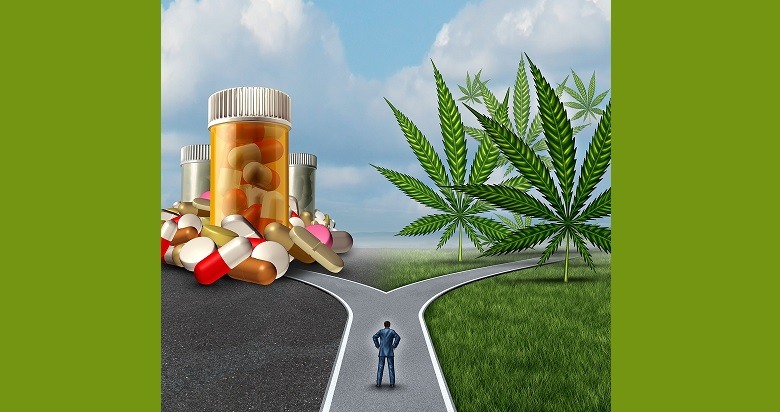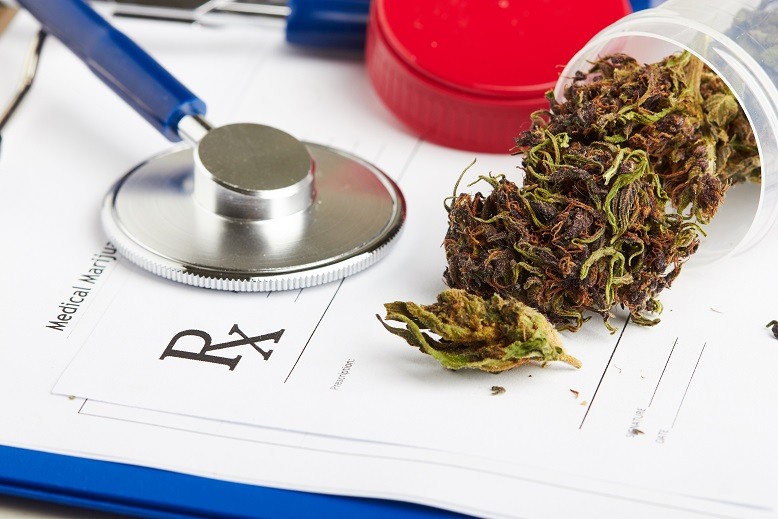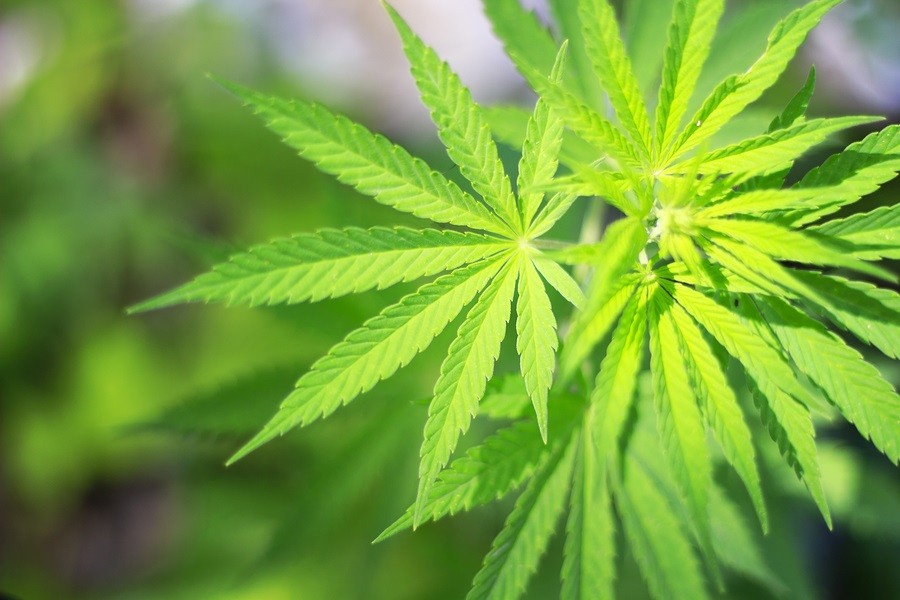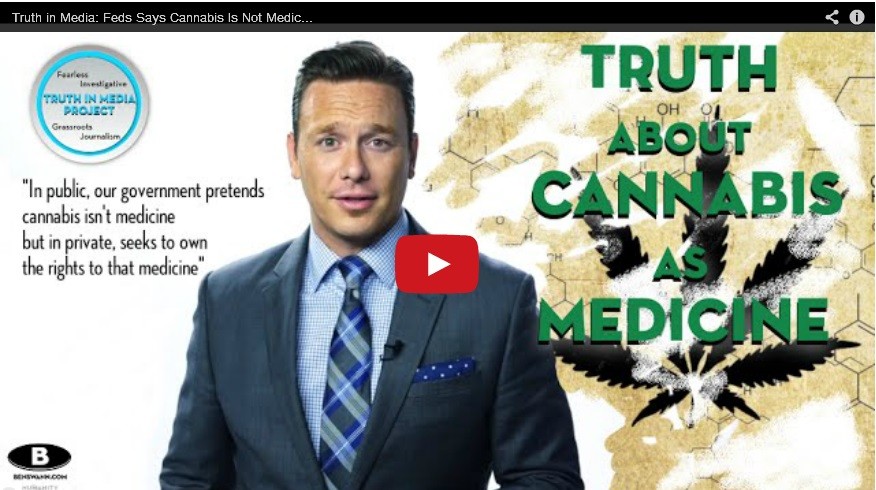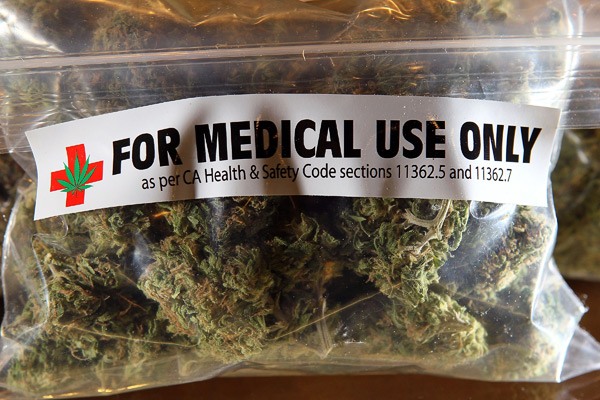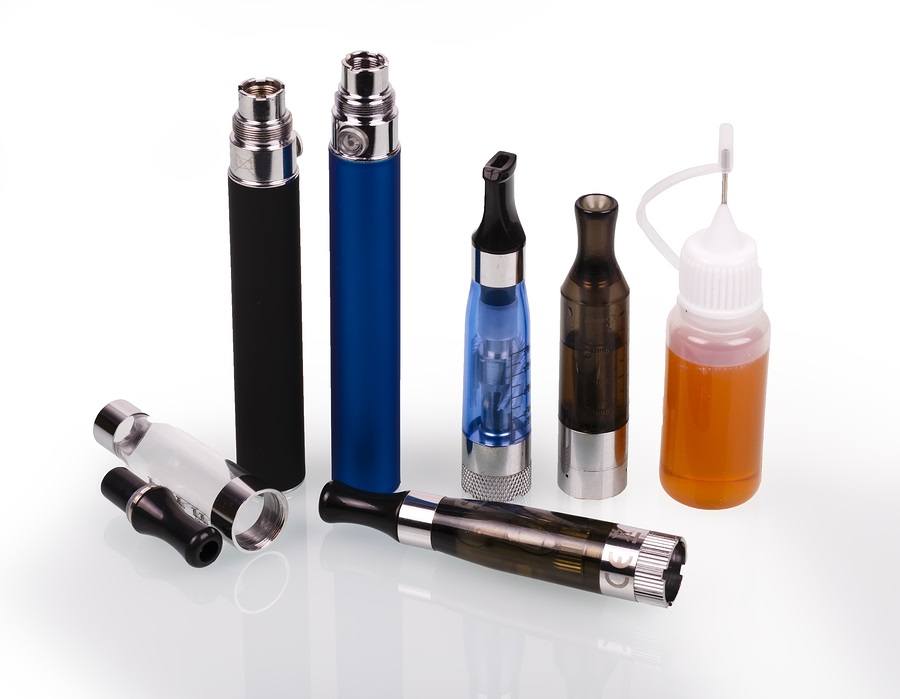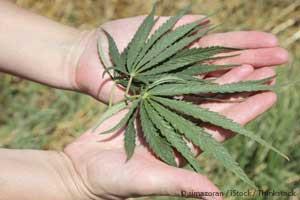Kansas Dad Ends Hunger Strike – Federal Lawsuit Filed To Return His Children
The hunger strike is over for Navy veteran dad Raymond Schwab, and a federal lawsuit has been filed against Kansas DCF for their role in kidnapping his children and holding them in state custody long past the time when the allegations against the parents were found to be unsubstantiated. But the battle is far from over. His children are not yet home, and thousands of children in Kansas and around the United States remain separated from their families without any evidence that the allegations are even legitimate. He fights for these children and others who are in the foster care system simply because a parent has used medical marijuana.





